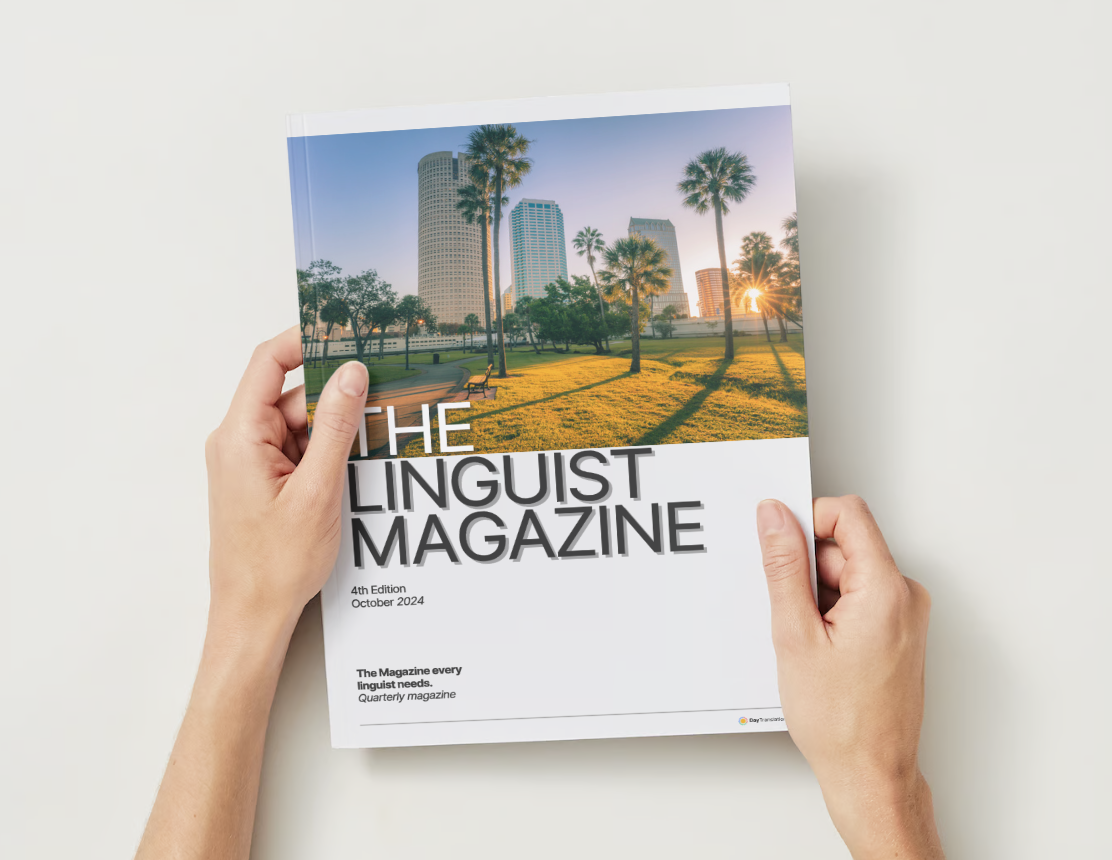A book which sold 32 million copies and was translated into 51 languages in about 110 countries has been responsible for a rush to buy investment properties for two decades.
This article is in partnership with Day Translations, providers of a range of professional services from translation to localisation and multilingual marketing.
Back in the Day: Kiyosaki’s Passive Income Paradigm (now Paradox)
Published in 1997, ‘Rich Dad, Poor Dad’ by Robert Toru Kiyosaki has been the property investors’ go-to book to learn how to speculate to accumulate. Infamously also referenced to as the main reading to start a multi-level marketing company, the concept behind Kiyosaki’s book is to use other people’s money, mainly through getting bank loans, to then re-invest and accrue a fortune.
Kiyosaki, an American entrepreneur of Japanese descent born in Hawaii, wrote ‘Rich Dad, Poor Dad’ to teach a parable where you can either be born into poverty or into riches, and your upbringing will shape the way you think about money. For example, if you are from a poorer background, you are more likely to be an employee and not make your own destiny, whereas if you were lucky to be born into a rich family, your parents and relatives would have taught you how to build an empire from an existing asset-rich wealth.
The book mentions investing in property as one of the best ways to get rich: you “simply” buy a property with a mortgage, rent it out, then remortgage it to buy another one. Rinse and repeat several times and see your bank account grow. As far as getting rich schemes quick are concerned, this was one that over-promised and was over-hyped.
It is worth noting that the book was published in the late Nineties when the worldwide economy was booming and the tragic events of September 11th 2001 were unimaginable.
Ironically, Kiyosaki’s company, Rich Global LLC, went bankrupt in 2012 (source). To give you an idea of Kiyosaki’s character, he endorsed then Presidential candidate Donald J. Trump in 2015 for the 2016 US elections.
Is Investing in Property Still Worth It?
With AirbnB getting into hot waters due to increasing regulation of the rental market, is buying an investment property to rent out to digital nomads and other location-independent workers still worth it?
To give you an example: there is a housing crisis in Ireland, where the demand for accommodation far exceeds supply, creating an inflated housing market where rental prices have become unaffordable to anyone but the wealthy.
Tech workers based in Dublin, attracting salaries at around 100,000 euros per year, can afford to spend between 2000 and 3000 euros per month for a flat in Dublin. Meanwhile, the rest of the population struggles to put together the money for the deposit on a house or to rent a flat to share with other people.
Staying in Ireland, if you look at websites from auctioneers you will see plenty of properties that are either abandoned and therefore need refurbishment, or investment properties that are currently being rented out.
These properties can potentially give the buyer a good return on investment, especially because the Irish government is offering incentives for first time buyers to acquire neglected plots.
While this is not a fool-proof investment and costs can escalate quickly as refurbishing and rebuilding costs are expensive, this type of properties could be part of a digital nomad or enterpreneur’s portfolio.
A point for consideration: co-working spaces are a growing sector in Ireland so this could also be an area to consider when evaluating where to invest.
People Still Buy Houses on Instinct
Big ticket items, either products or services, require extra research and due diligence as you need to justify the investment. Ironically, when it comes to buying a house, which is obviously a big ticket item and one of the biggest money investments people make in their lives, many buyers act on impulse, on gut feeling, on thinking a particular house is “the one”. Talking of which, according to the publication Scientific American, buying a house is a complex decision where over-analytical thinking can even be detrimental when making a decision. While we may interpret a quick decision over a house as “intuitive” or “rushed” or even irrational, many factors come into play: buyers assess their previous life experiences, comparing features of their current and past dwellings against a new house they are viewing. The brain processes large amounts of data instantaneously offering what at first looks like a quick judgement.
This article is not intended to give financial advice, please speak to a specialist.



